THE RATIONAL DESIGN OF MINIMUM ESSENTIAL MIXTURES
Our Goal is to preserve the efficacy of plant-based medicines while reducing their complexity for standardization. Our Strategy is to combine our proprietary PhAROS Drug Discovery Platform and High Throughput Screening of Cell and Animal Models of Specific Disease Processes to Create Rationally-Designed, Minimum Essential Mixtures.


PhAROSTM: Phytomedical Analytics for Research Optimization at Scale
- A Science Gateway and Virtual Research Environment for Drug Discovery.
- Provides transformative data integration, analytic methods, and visualization tools for the meta-analysis of non-Western medical knowledge systems.
- Helps pre-validate the efficacy of drug-target-indication relationships.
- Multiple Patent Applications filed
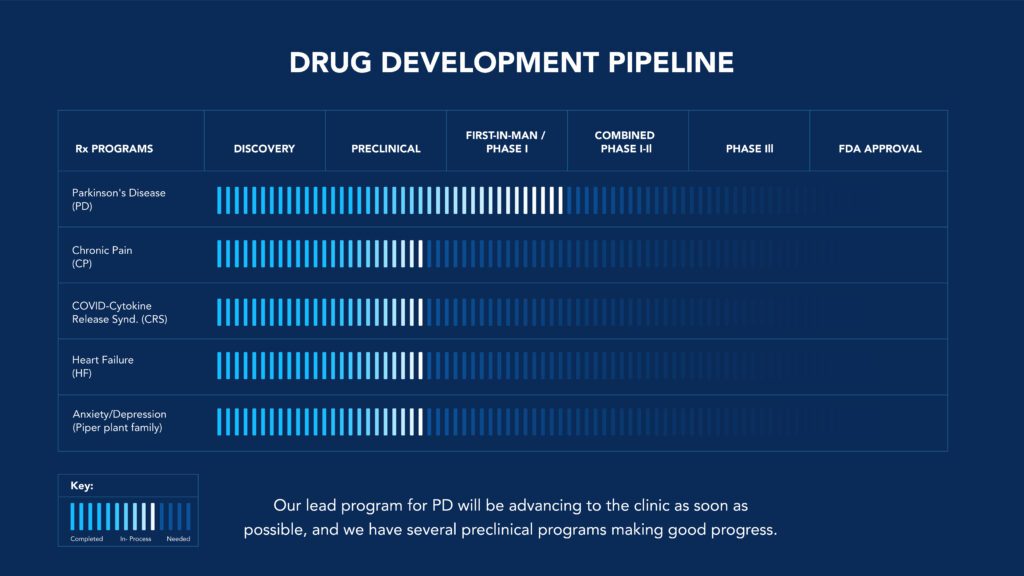

PARKINSON’S DISEASE THERAPIES MEM.PD119, MEM.PD205, and MEM.PD361
- Animal Proof-of-Concept Achieved (April 6, 2020)
- US Patent Issued (May 19, 2020)
- Mechanism of Action Study (on-going at the NRC Canada)
- Investigational New Drug (IND)-Application Preparation
PAIN THERAPEUTICS-GBS.CP110, GBS.CP121, and GBS.CP139
Oral nanoparticles containing our pain formulas.
- US Patent Issued (July 14, 2020)
- Animal Proof-of-Concept Study (on-going at the NRC Canada)
- Scale Up of Oral Nanoparticle Production
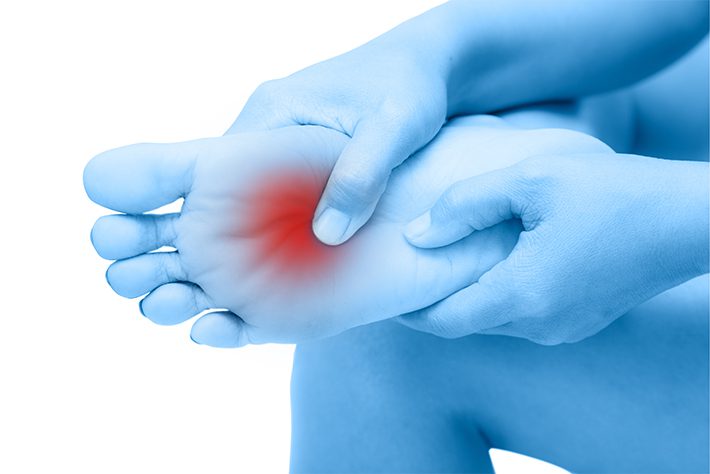
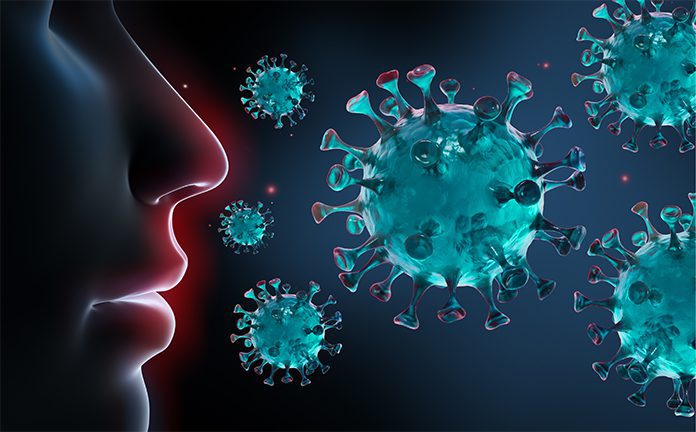
CYTOKINE RELEASE SYNDROME THERAPIES for COVID-19 PATIENTS
- US nonprovisional patent filed (August 18th, 2021)
- Positive proof of concept results (at MSU)
- Coronavirus Treatment Acceleration Program (CTAP) for US FDA fast-tracking
Scientific Advisory Board

Dr. Andrea Small-Howard
Chairman of the Scientific Advisory Board, Chief Science Offer and Director, Gb Sciences/GbS Global Biopharma, Inc.



Dr. Helen Turner
VP Innovation, Professor of Natural Sciences & Mathematics at Chaminade
University
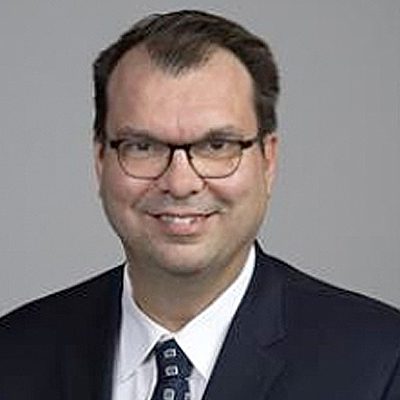


Dr. Zoltan Mari
Director of the PD and Movement Disorders Program and The Ruvo Family Chair, Cleveland Clinic Lou Ruvo Center for Brain Health in Las Vegas, NV



Dr. Alexander Stokes
Assoc. Professor, Univ. of Hawaii-John A Burns School of Medicine, Center for Cardiovascular Research
Dr. Andrea L. Small-Howard
Chairman of the Scientific Advisory Board, Chief Science Officer and Director of GB Sciences/GBS Global Biopharma, Inc.
Dr. Andrea Small-Howard has more than 20 years of scientific research experience; as well as executive experience in the biopharmaceutical industry supervising research and development, manufacturing, and quality control divisions in both the US and China. Dr. Small-Howard has taken novel biological products from ideation through commercialization.
Dr. Small-Howard has been named an inventor on more than sixty patent applications and taken the lead in obtaining regulatory approvals from the U.S. Food and Drug Administration (“US FDA”) and numerous international regulatory agencies. Currently, Dr. Andrea Small-Howard leverages her broad biopharmaceutical industry knowledge as the Chief Science Officer and member of the Board of Directors at both GB Sciences, Inc. (OTCQB:GBLX), and their wholly-owned Canadian subsidiary, GBS Global Biopharma, Inc. Dr. Small-Howard brings her passion for advancing research on phytochemical compounds to her current roles.
She envisages bringing more phytomedicines to market through an innovative AI-based drug discovery engine and biopharmaceutical drug development program for disease-specific indications. Dr. Small-Howard has worked on cannabinoids for over 20 years, leading a project group dedicated to the study of cannabinoids in the immune system as an NIH-funded post-doctoral fellow. In this work she published one of the earliest studies of cannabinoid impacts on pro-inflammatory immunocytes.
More recently she has contributed to published studies on consumer protection issues surrounding ‘medicinal’ plant chemovars in Nevada, co-authored scholarly reviews on cannabinoids in heart disease and Parkinson’s Disease (PD), co-authored mechanistic studies on cannabinoid and terpene regulation of ion channels, and co-authored an innovative study demonstrating the utility of nanoparticles as delivery vehicles for plant-derived therapeutic compounds.
Dr. Small-Howard is the architect of a strategic vision at GB Sciences/GBS Global Biopharma to make safe, effective, standardized cannabinoid medicines available to patients where its use can be supported with rigorous evidence. To achieve standardization in their cannabinoid-containing, optimized therapeutic mixtures, the Company is using synthetic cannabinoids produced under current Good Manufacturing Practices (cGMP), which are identical in both structure and function to the homologous plant cannabinoids



Dr. Helen Turner
VP Innovation, Professor of Natural Sciences & Mathematics at Chaminade University
Helen Turner is Vice President of Innovation and a Professor in the Division of Natural Sciences and Mathematics at Chaminade University in Honolulu, Hawaii. She is a tenured Professor of Biology at Chaminade, and holds an affiliate Professorship at the University of Hawaii School of Medicine.
Dr. Turner moved to the U.S. in 1998 from her native England. After completing her Ph.D. at the University of London she carried out post-doctoral work at Harvard medical School as a Wellcome Trust International Prize Travelling Fellow. In 2000, she accepted a position as Associate Director of Research and Professor at The Queen’s Center for Biomedical Research in Honolulu. Here, she built a successful and internationally recognized research laboratory, receiving her first NIH RO1 grant at the age of 30. Her research interests focus upon information transmission in the immune system, specifically on the molecular mechanisms that activate the pro-inflammatory mast cells. She has trained numerous graduate students and post-doctoral fellows for successful careers in academia, industry and science policy. She is a sought-after reviewer of Federal and Foundation grants, and she sits on a number of executive boards for research and training initiatives in the sciences.
Since joining Chaminade in 2007, Dr. Turner has fostered transformational growth in the sciences.
As a Federallydesignated Native Hawaiian serving institution, Chaminade is positioned to lead in undergraduate science education, serving students and community in Hawaii and the Pacific. She has led the $14m renovation of instructional and research laboratories, raised $20m in funding for the initiation of a BSN program, and secured Chaminade’s first major research and programmatic funding from agencies such as NIH, NSF and the Department of Defence. New faculty hires and major instrumentation grants have invigorated the undergraduate experience in sciences, and complete curriculum revision in computational sciences and the biological sciences has been completed. Curriculum and faculty research interests now align around the mechanisms and epidemiology of diseases that disproportionately affect the peoples of the Pacific, allowing the University to envision itself as a center of excellence for training and education in this field.



Dr. Norbert E. Kaminsk
Professor, Department of Pharmacology & Toxicology, MSU
Dr. Norbert E. Kaminski is a Professor in the Department of Pharmacology and Toxicology and is the Director of the Institute for Integrative Toxicology, at Michigan State University. Dr. Kaminski’s laboratory has been investigating the molecular mechanisms by which cannabinoids alter immune competence for over 22 years, which began with his laboratory’s discovery of cannabinoid receptor expression within cells of the immune system.
Dr. Kaminski has over 30 years of experience in conducting hypothesis driven investigative research directed at elucidation of the cellular and molecular mechanisms by which drugs and chemicals alter immune competence. These immunopharmacological and immunotoxicological studies have utilized approaches spanning measurements of immune function in vivo, ex vivo and in vitro employing rodent and human primary leukocytes and cell lines. Dr. Kaminski’s laboratory has also had a longstanding focus on elucidation of the molecular mechanisms that are responsible for impairment of B cell function by dioxins. He is the author of over 135 journal articles 25 Book Chapters and Reviews and 245 Abstracts.
Dr. Kaminski joined the Michigan State faculty in 1993. He was also affiliated with the Medical College of Virginia in their Department of Pharmacology and Toxicology from 1985-1999. He received his B.A. in Chemistry in 1978 from Loyola University in Chicago, Illinois, and his M.S. in Toxicology in 1981 and Ph.D. in Toxicology and Physiology in 1985 from North Carolina State University in Raleigh, North Carolina
Dr. Kaminski has served on a number of advisory panels including National Academy of Science/IOM Review of the Health Effects in Vietnam Veterans of Exposure to Herbicides, 1992-1994; US EPA Science Advisor Board-Dioxin Reassessment Review, 1995; National Academy of Sciences IOM Study on the Assessment of the Health Implications of Exposure to Dioxins, National Academy of Sciences Study on the Health Effects of Cannabinoids, and is presently on the National Academy of Sciences Committee on Emerging Science on Environmental Health. Dr. Kaminski was a member of the Board of Trustees: International Life Sciences Institute-Health and Environmental Sciences Institute 2003-2012.
Dr. Kaminski has also served on a number of peer review panels including US EPA Science Review Panel for Health Research, 1990-92 and NIH ALTX-4 Study Section as a regular member from 1998-03; as an ad hoc member for NIDA, NIEHS, NIOSH, and Wellcome Trust. Dr. Kaminski served as a member of the National Advisory Environmental Health Sciences Council, Division of Extramural Research and Training for NIEHS. Dr. Kaminski served as Treasurer for the Society of Toxicology from 2005-2007. Dr. Kaminski served as the President for the Society of Toxicology from 2014- 2015.
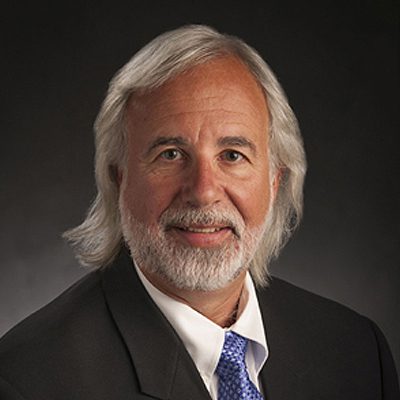


Dr. Carlos F. Rios-Bedoya
Corporate Director of Scholarly Inquiry at McLaren Health
Dr. Carlos F. Rios-Bedoya is the Corporate Director of Scholarly Inquiry at McLaren Health overseeing research across 13 health care facilities with over 30 residency programs in Michigan.
Dr. Ríos-Bedoya has been a principal investigator and co-investigator in several highly competitive federal (CDC), state (Michigan Department of Community Health), and private (Pfizer, Gilead, and Boehringer-Ingelheim) funded grants in the areas of HCV, drug use epidemiology, clinical trials, mental health, and mobile technology. Dr. Rios-Bedoya has an extensive publication record in peer-reviewed journals on the field of legal and illegal drug use on topics such as HCV/HIV, statistical methods, use of mobile technology, and differences across Hispanic groups.
Dr. Carlos F. Ríos-Bedoya graduated in 1986 from the University of Puerto Rico, Río Piedras Campus, with a Bachelor of Science (B.S.) degree majoring in biology. In 1987, he finished a Masters in Public Health (M.P.H.) with a concentration in epidemiology also from the University of Puerto, Medical Sciences Campus, and in 1999 he completed his doctoral training (Sc.D.) in Psychiatric Epidemiology with a minor in biostatistics from The Johns Hopkins University’s Bloomberg School of Public Health. He did a three-year post-doctoral training (2004-2007) as a National Institute on Drug Abuse (NIDA) fellow on the quantitative aspects of drug dependence epidemiology from The Johns Hopkins University’s Bloomberg School of Public Health. He has been a faculty member of the Ponce School of Medicine (1994-2004), the San Juan Bautista School of Medicine (2012-2014), and the College of Human Medicine at Michigan State University (2007- 2015).
Dr. Ríos-Bedoya has been invited to present his research at national and international meetings. He currently serves as grant reviewer for the Florida Department of Health’s Multi-Disciplinary, Multi-Institutional and Community-Based (MMC) Grants Program and for the Substance Abuse and Mental Health Services Administration (SAMHA). He is also a reviewer for several of the most prestigious peer-reviewed journals in drug use research (e.g., Nicotine and Tobacco Research, Addiction, Drug and Alcohol Dependence, Psychology of Addictive Behaviors, Addiction Medicine, and American Journal of Preventive Medicine).



Dr. Zoltan Mari
Director of the Parkinson’s Disease and Movement Disorders Program and The Ruvo Family Chair, Cleveland Clinic Lou Ruvo Center for Brain Health in Las Vegas, NV
Dr. Zoltan Mari graduated first in his medical school class in Hungary before completing a post-doctoral fellowship in SUNY Downstate (Brooklyn, NY) on Parkinson disease (PD) animal models and electrophysiology. He finished his neurology residency training in the same institution, where he also served as Chief Resident and was elected to the prestigious Alpha Omega Alpha Medical Honor Society.
After his clinical fellowships in both movement disorders and clinical neurophysiology at NIH, he joined Johns Hopkins University faculty, where he was later promoted to Associate Professor and served as Director of the PD & Movement Disorder Division and Center, which has grown markedly under his leadership, including many successful hires and establishing a DBS Center and a clinical fellowship program.
After 11 years at Johns Hopkins, Dr. Mari joined the Cleveland Clinic Lou Ruvo Center for Brain Health in Las Vegas, NV in May 2017, where he is the Director of the PD and Movement Disorders Program and serves as The Ruvo Family Chair. Dr. Mari is a renowned expert of PD and movement disorders clinical research and the endowment funds will enable him to study novel remote monitoring technologies, biomarkers, and disease modification.
Dr. Mari has published 70 peer-reviewed papers, authored multiple book chapters, and founded and directed many nationally recognized CME programs. He is a co-founder of Neuraly, Inc. which is developing a revolutionary disease modifying treatment for PD and coauthor on a patent regarding the use of transcranial direct current stimulation in PD.



Dr. Alexander Stokes
Assoc. Professor at the University of Hawaii in the John A Burns School of Medicine’s Center for Cardiovascular Research, Founder, Makai Biotechnology, LLC
Dr. Alexander Stokes has an impeccable pedigree from a twenty-five career in research and development. Dr. Stokes has an excellent track record of cutting-edge research that was established at world-class European and U.S. institutions including Genzyme, Britain’s Imperial Cancer Research Fund, and Harvard Medical School. Dr. Stokes has published in leading journals such as Nature, and Dr, Stokes has been competitively funded through NIH for the past decade. His early career mentors were under millennium Nobel Prize winner, Dr. Paul Nurse, and Harvard Professor, Dr. Jean-Pierre Kinet, founder of Synta Pharmaceuticals and AB Sciences S.A. Together with graduate degrees in Bioengineering, International Biotechnology, and a PhD in Molecular Physiology, this training positioned him to integrate academic science with real-world translational therapeutic goals.
In 2000, Dr. Stokes was recruited as one of the founding scientists for a new ion channel-focused research institute in Hawaii (the Queen’s Center for Biomedical Research), and his work helped this institute grow an impressive portfolio of high-profile papers in TRP channel biology, major NIH funding and intellectual property and subsequent licensing. Recruited to the Cardiovascular Center of Excellence at the University of Hawaii in 2007, Dr. Stokes recognized that leveraging the tremendous pharmaceutical potential of TRP channels relied on the development of sophisticated in vivo models for their role in human pathology, and this highly translational pre-clinical work dominated his research agenda for next 7 years. His approaches and findings transformed TRVP1 from a minor target in analgesia to a major player in the billion-dollar cardiovascular market space and offers real hope to millions of patients afflicted by heart failure. This intellectual property is the basis for Makai Biotechnology, LLC.



